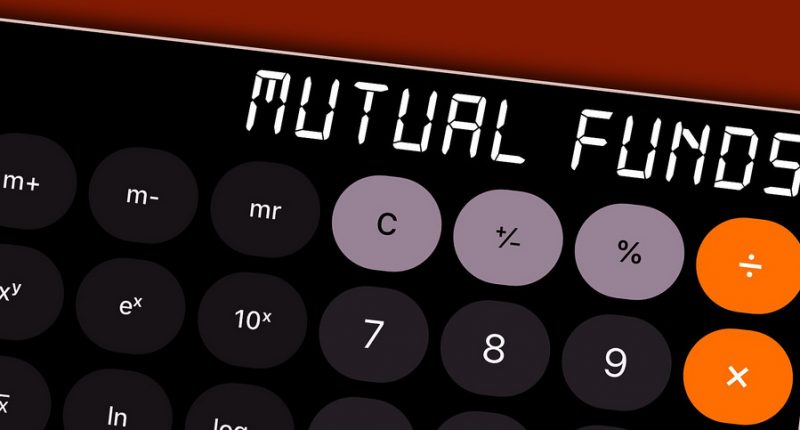Are you interested in a focused investment for your portfolio? Do you want to invest in a limited number of stocks to maximise your returns? You must invest in focused funds to attain your financial goals if it suits your risk profile. It invests most of its assets in 30 stocks based on SEBI guidelines. Moreover, it invests in stocks across market capitalisation without any restrictions. Should you include focused funds in your core portfolio?
What are focused funds?
Focused funds have a minimum exposure of 65% towards equity and equity-related instruments. It focuses on a maximum of 30 stocks helping you earn inflation-beating returns over time.
Moreover, as focused funds invest in large-cap, mid-cap and small-cap stocks, they are suitable for aggressive investors. Many equity funds have 50-100 stocks in their portfolio. However, as focused funds concentrate on a few shares, it offers you a concentrated portfolio.
Should you include focused funds in your core portfolio?
The core portfolio offers stability and long term appreciation to achieve your financial goals. It forms around 70%-75% of your portfolio, while the satellite portfolio is about 20%-25% of your overall portfolio.
You can include focused funds as part of your satellite portfolio. It is a small portion of your overall portfolio and helps enhance overall portfolio returns over time. Focused funds are a tactical play, and you can profit from short term market volatility.
However, it works both ways, and you can lose money during a stock market correction as focused funds are a concentrated investment. It is because focused funds invest in only 30 stocks, and even if one or two stocks crash heavily, you will suffer significant losses.
Focused funds invest in stocks across market capitalisation. It is similar to Flexi-Cap Funds but only invests in 30 stocks. However, even though focused funds invest in stocks and industries across market capitalisation, they are not genuinely diversified and are suitable for market-savvy investors.
Things to check before investing in focused funds
Focused funds may do well during a narrow market rally. It is a stock market rally where only a handful of stocks drive the stock market indices. However, focused funds do not perform well during a broad-market rally. It is better to invest in diversified equity funds which invest in over 50 stocks to maximise returns during a broad-market rally.
You must check the expense ratio before investing in focused funds. It is the cost of managing the fund, and you must choose focused funds with a lower expense ratio to maximise your returns over time.
You must invest in focused funds only if you have an investment horizon of over five years. Moreover, these funds are highly volatile in the short run, and you can lose money if you have too short a time horizon. However, the focused fund does well if the fund manager identifies sectors that could outperform the market.
You must pick focused funds that have consistently outperformed the market and peers over time. It helps to check the performance of focused funds in bull and bear market phases.
Focused funds underperform during a broad-based market rally. Moreover, as these funds are concentrated investments, you must not include them in your core portfolio. You can avoid focused funds if this is your first time in equity investments. In a nutshell, focused funds are suitable for market-savvy investors with higher risk tolerance.
For any clarifications/feedback on the topic, please contact the writer at cleyon.dsouza@cleartax.in

I write to make complicated financial topics, simple. Writing is my passion and I believe if you find the right words, it’s simple.





